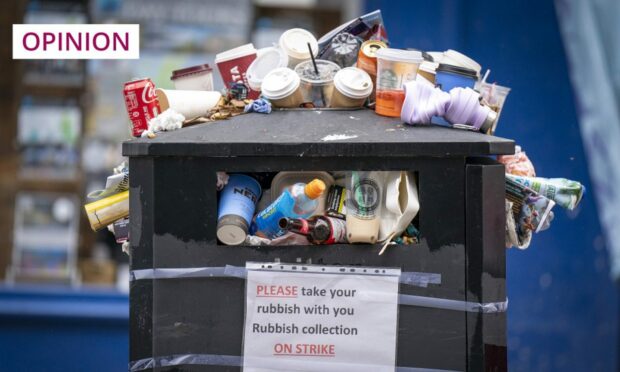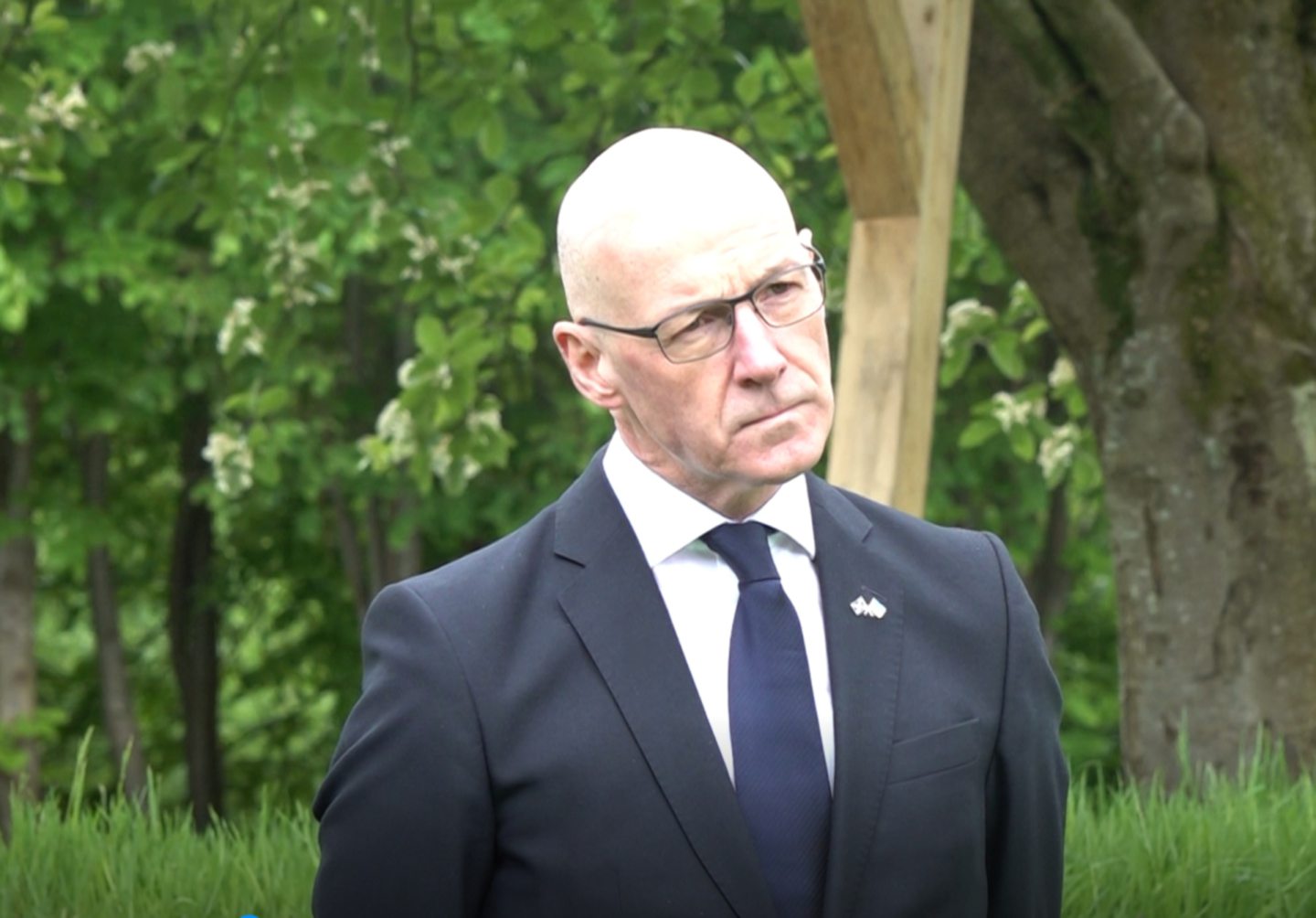If there’s one thing guaranteed to knock some sense into an idealistic young politician, it’s contact with members of the public.
A hotshot new MSP may have honed his skills in the debating society of a great university. He may have spent a summer as an intern with a major global charity. He may already be working on his first book, a weighty tome positively dripping with big ideas and “vision”.
But, after winning his seat at Holyrood, he’ll soon discover that the people who put him there have more mundane preoccupations.

During his first constituency surgery, the bright young political star will find that the public want to know why the potholes in their street haven’t been fixed, why their local bus service has been cut, and – the big one – why their bins are no longer being collected as often as they once were.
So, it was hardly surprising to see senior Holyrood figures engage in a frantic game of buck-passing this week, over strikes by refuse collectors. As garbage piled high in Edinburgh, Cabinet Secretary Angus Robertson lashed out at the city’s Labour-led council, blaming them for the problem.
That was a line with a limited shelf life. Within hours of Robertson’s attack on Labour councillors, it emerged that refuse collectors employed by a number of other councillors – including some controlled by the SNP – were also to walk out.
Policies for suburban BMW drivers
Deputy First Minister John Swinney also tried to push responsibility for this miserable situation onto others. The strikes – and the consequent piling up of rubbish in towns and cities – was nothing to do with the Scottish Government, he said. This was a matter for councils and their umbrella body, Cosla.
As was the case with Robertson’s, Swinney’s argument was quickly out of date. Within a couple of hours, he announced that he’d be meeting council leaders and Cosla representatives with a view to finding a way forward.
After winning its first Holyrood election in 2007, the SNP set about introducing policies designed to appeal to middle class voters who, traditionally, had been less likely to back independence. The extension of the existing free prescriptions scheme to include wealthier voters, the freeze on council tax, and the abolition of university tuition fees were all great news for suburban BMW drivers.
But these “free” things all cost money, and Scotland’s local authorities have lost out. It’s hardly surprising that they are now struggling to meet what are perfectly reasonable demands for pay increases.
SNP ministers might wish the current strikes to be a problem of councils’ own making, but the truth is that their policy decisions are very much to blame.
Euan McColm is a regular columnist for various Scottish newspapers


Conversation